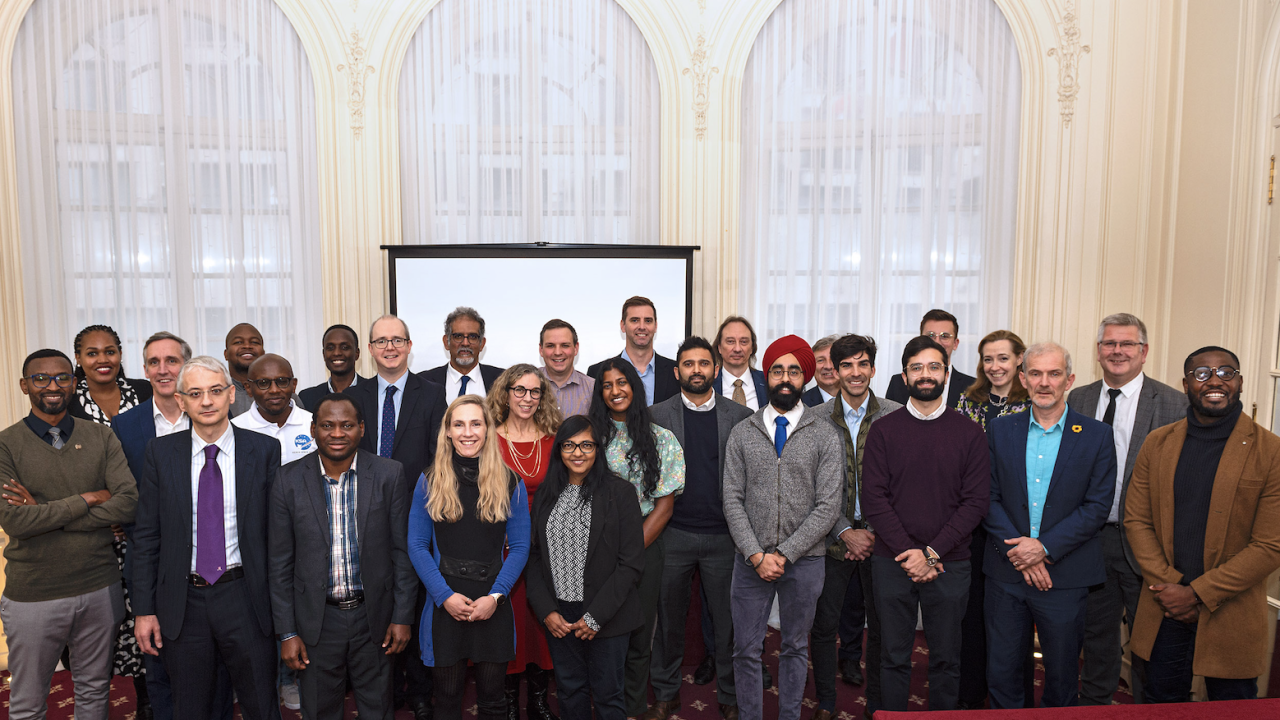A national space strategy for Tunisia and the development of space in Africa
Jean-Pascal Le Franc, CNES’s Director of Planning, International Relations and Quality, took part in the conference in Hammamet on “A national space strategy for Tunisia”.

During the plenary session on the international context in which space agencies operate, he underlined the fast pace at which the space environment is evolving, efforts to tackle climate change using satellites and the place of Africa, in particular Tunisia, in the international landscape.
On 11 December 2017, CNES, working in concert with the world’s leading space agencies, proposed the creation of a Space Climate Observatory (SCO) to pool climate data acquired from space and make them readily available to the international scientific community. In Africa, such data are driving development of operational space applications like those CNES is encouraging for topographic mapping in Ethiopia with Sentinel-2 imagery, monitoring of water resources in Uganda with altimetry satellites and collection of agricultural statistics in Senegal and Côte d’Ivoire.
Sustainable development in Africa can also benefit from space science and education, as displayed at the “African Chapter”, the second edition of the International Space Forum (ISEF2) organized recently by the International Astronautical Federation (IAF). Today, there is a genuine desire to involve academia more closely in applying space solutions to meet the global challenges facing the African continent.
Tunisia’s nascent space programme will therefore be able to leverage the growth in space applications, underpinned by a rich repository of climate-monitoring data and research and higher education activities. Space cooperation between France and Tunisia will also be focused on climate science and water resource management, via a calibration-validation site in the Merguellil river basin for space missions, to be used in particular for Envisat, Terrasar-X and Sentinel data, and via the Merguellil observatory as part of the SICMED international programme (Surfaces et Interfaces Continentales en MEDiterranée) and the NAÏLA international joint research laboratory set up in 2016 by the IRD development research institute.
Stay up to date
Subscribe to the free Times Aerospace newsletter and receive the latest content every week. We'll never share your email address.


